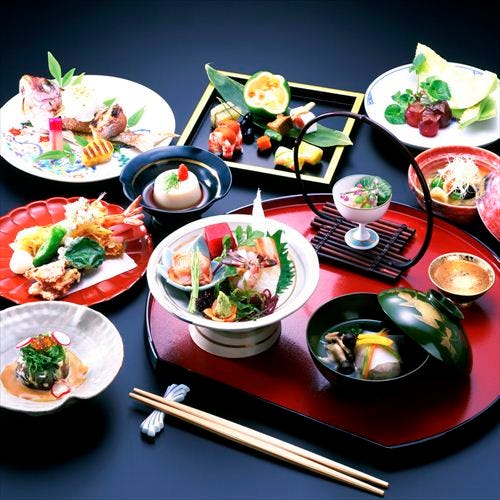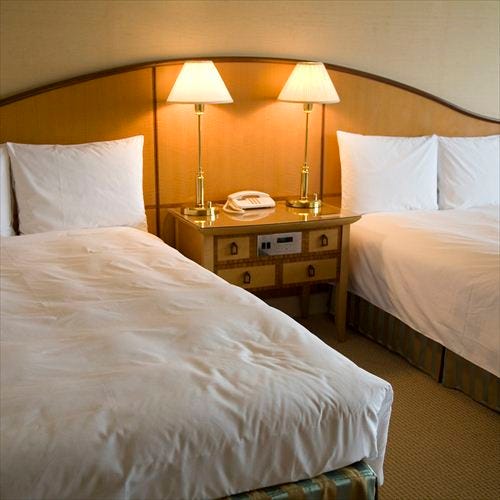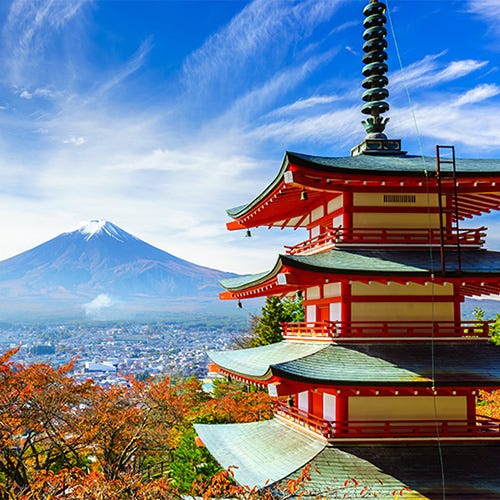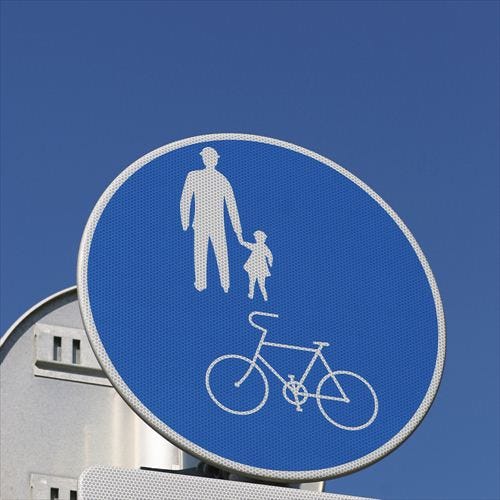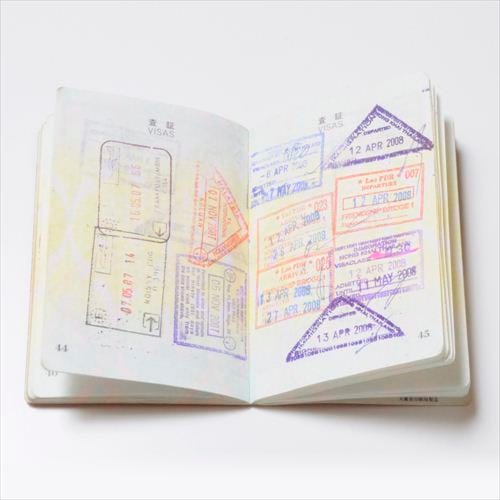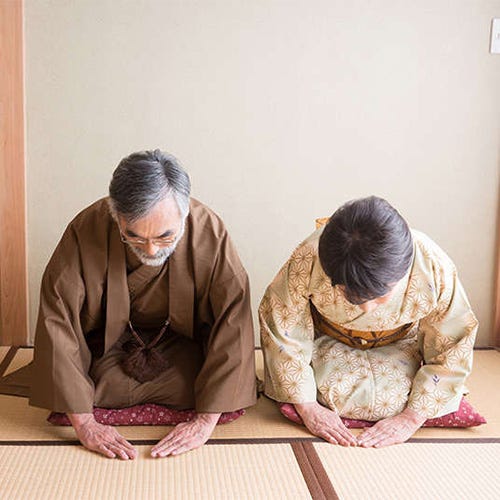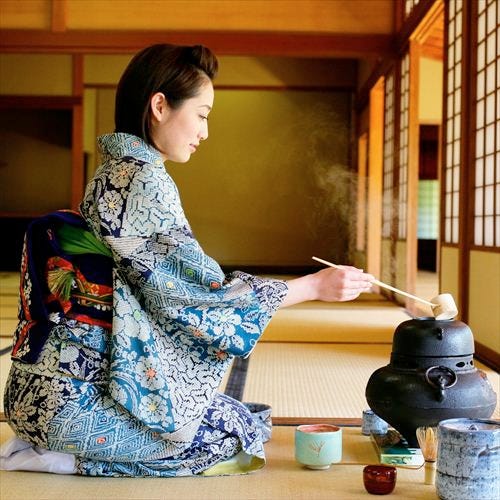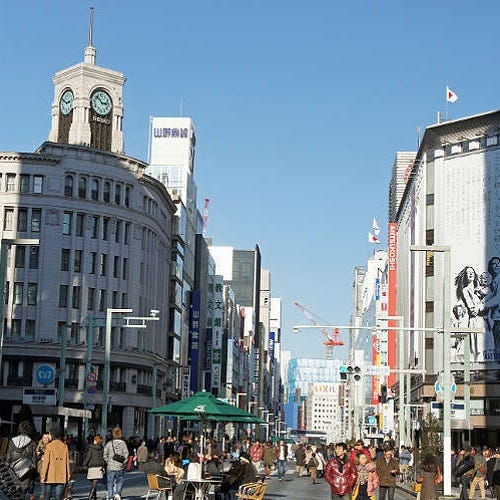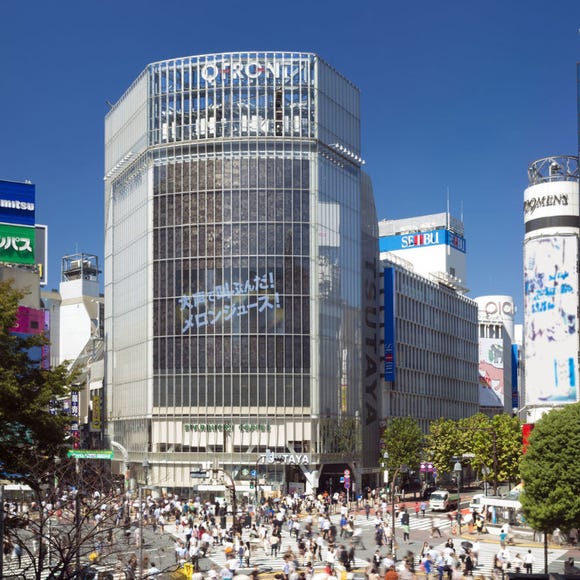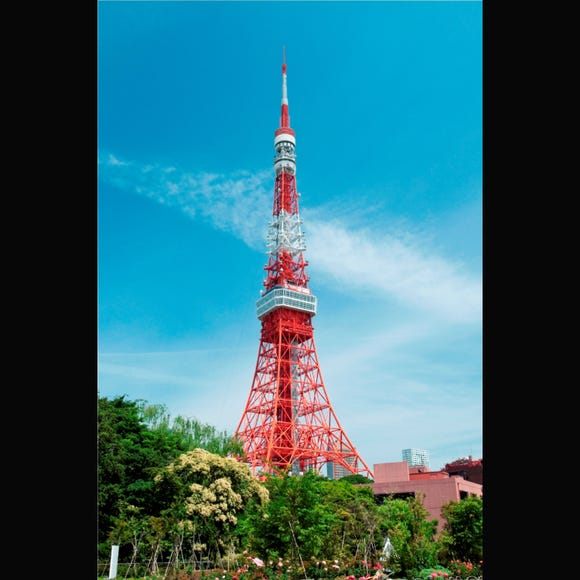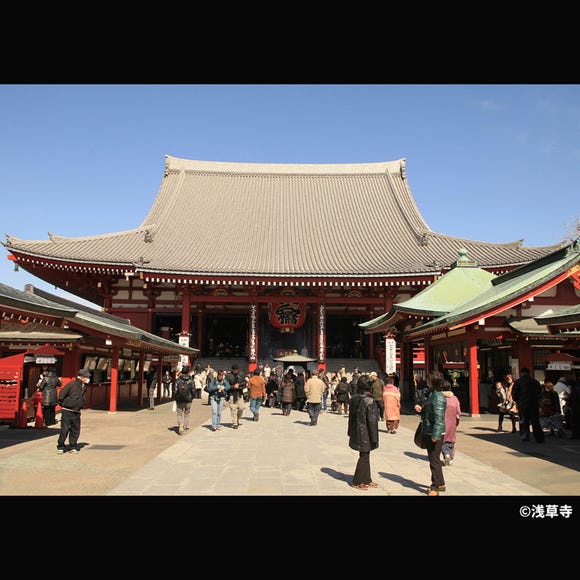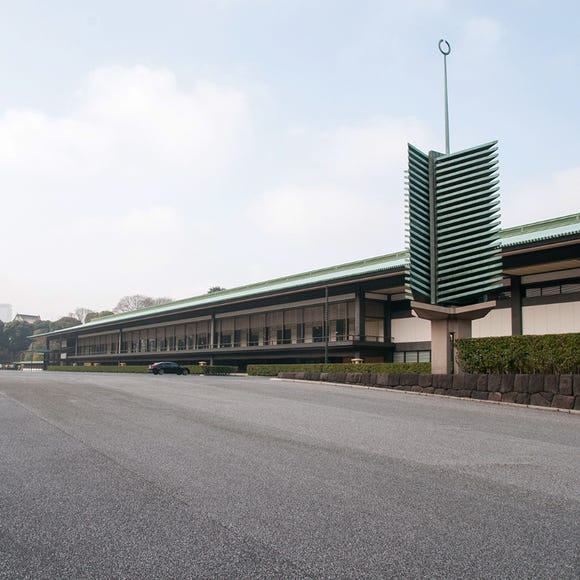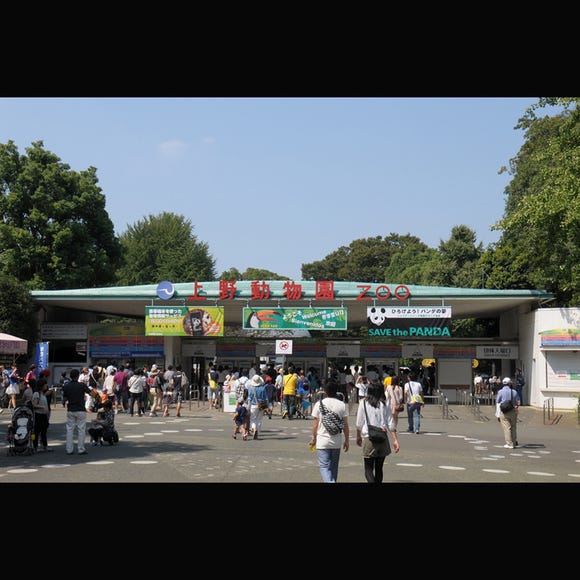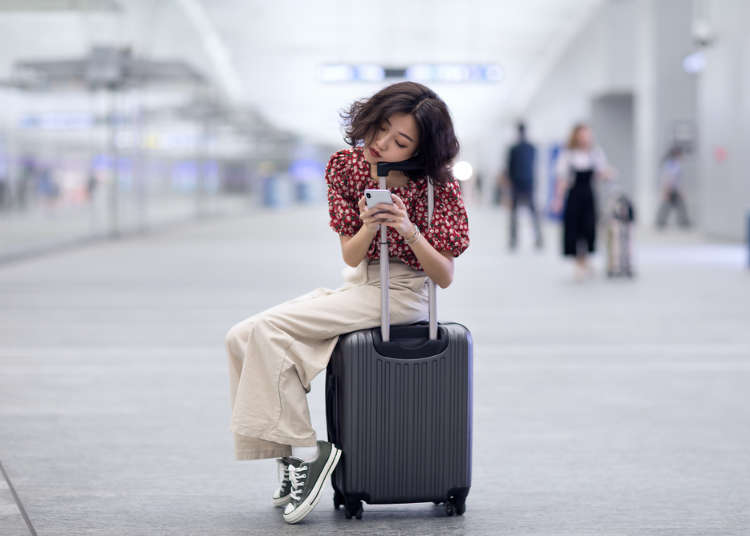
When a foreigner has lived in Japan for a long time, they may become closely accustomed to Japanese culture, customs and lifestyles. And when they return to their home country, it seems that often they find themselves experiencing a "reverse culture shock" - that is, they are unaccustomed to elements of their country of birth.
This time, our Taiwanese writer interviewed Taiwanese residents in Japan and gathered eight examples of "reverse culture shocks" that they felt when they returned to Taiwan. It's a fascinating way to feel the difference between the customs of Japan and Taiwan! (The following is the personal opinion of interviewees.)
1. Do not eat or drink on the subway! But calling is okay!
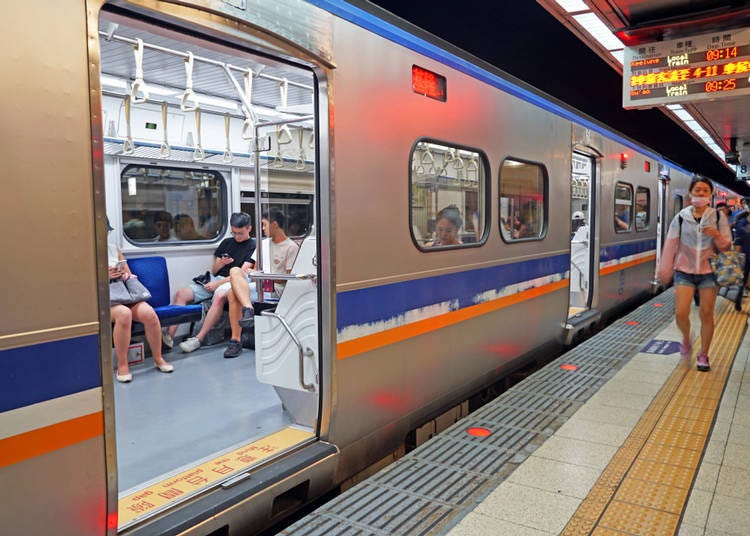
"Once you enter the ticket gate on the Taipei subway, you can't eat or drink at all. This isn't about manners, but rather it's stipulated by law. Eating and drinking is fine on trains in Japan; though it can be frowned upon it's not illegal. There's no penalty, and it's okay if you just drink water. You can't even do that in the Taipei subway. Nevertheless, in Taipei telephone calls are OK; it's not easy to get used to the fact that it's always noisy in the car - completely opposite of Japan." (Female, 30s, office worker, 12 years living in Japan)
Japanese trains tend to be quite quiet, except occasionally during some rush hours. In contrast, the Taipei subway is lively? Perhaps you shouldn't eat and drink to keep things clean, but it's a bit hard to avoid drinking even just water over long distances.
2. The train is 20 minutes late!
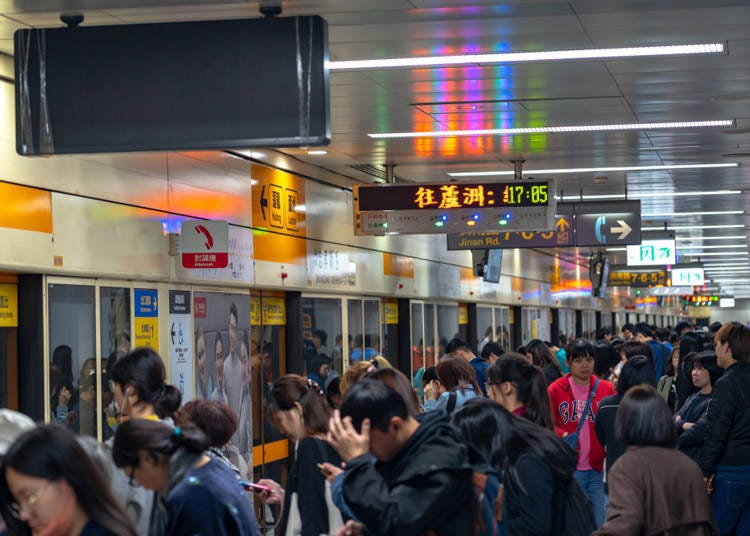
"When I returned to Taiwan a few years ago, I was annoyed that the trains on the Taiwan Railways (local trains other than the subway and Shinkansen) were 20 or 30 minutes late. In Japan, meanwhile, as long as there is no accident or personal injury or natural disaster, the train will basically come on time - and when it doesn't, they will tell you the cause. Taiwan's local lines are usually delayed and it seems that they often don't mention any reason for the delays. I wish it would improve..." (Female in her 20s, freelance, living in Japan for 7 years)
This isn't often the case with the Shinkansen or Taipei subway, but the local lines certainly have the image of being late. In contrast to Japan's impeccably punctual trains, this most certainly would come as a shock to many!
3. Bus drivers will not wait!
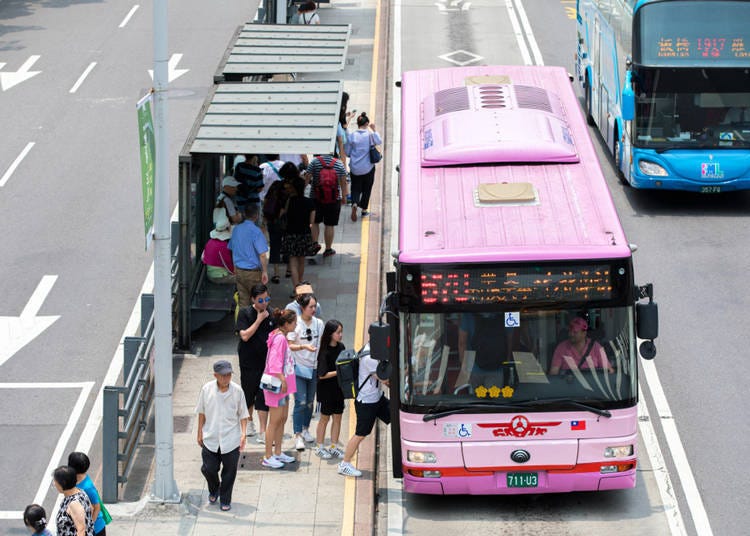
"For safety, Japanese buses arrive at the bus stop and then ask passengers to get up after the bus stops; in Taiwan it seems the driver doesn't really wait for passengers to get off? You have to be prepared to get off as you approach the bus stop. If you are lingering, the driver will will pass by the bus stop." (Female in her 30s, office worker, 10 years living in Japan)
Buses in Taiwan are a bit rough and always makes me feel tired - especially compared to their Japanese counterparts. When you board a bus in Taiwan, sometimes it does not come to a stop at the bus stop itself, and sometimes you have to run and follow it. And if you don't get ready to exit quickly, you might have to wait for the next stop. However, fares are much cheaper than in Japan, so it might be tough to complain.
4. Rental properties do not always have a kitchen!
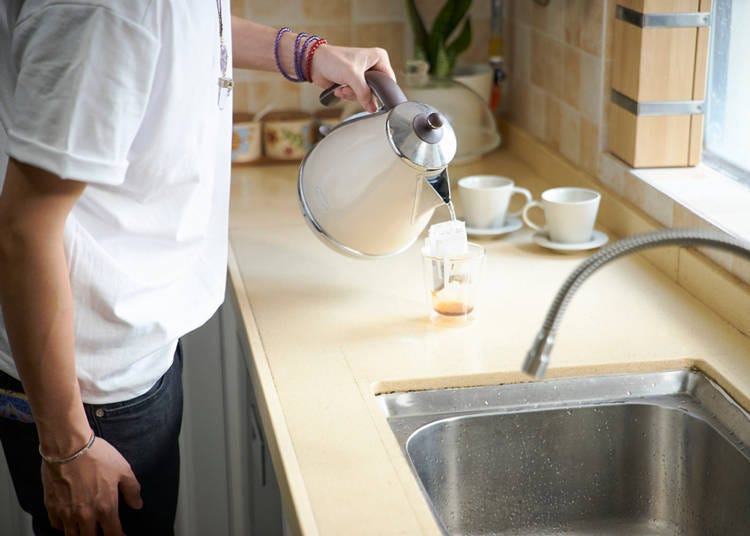
"In most Japanese rental properties, whether it's a shared room or a studio, most rooms have a kitchen - but it's not so common a thing in Taiwan. If you want a kitchen, you have to look for a room with that condition before booking." (Female, 30s, Employee, 10 years living in Japan)
In Japan, especially Tokyo, there are a lot of studios and 1-bedroom properties, each of which normally is equipped with a kitchen. In Taiwan, kitchens may not be as much a necessity as the local food culture is thriving and restaurants are cheap. However, considering hygiene or other factors, some people want to cook for themselves.
5. In every bookstore there are heaps of people just sitting on the floor and reading ...
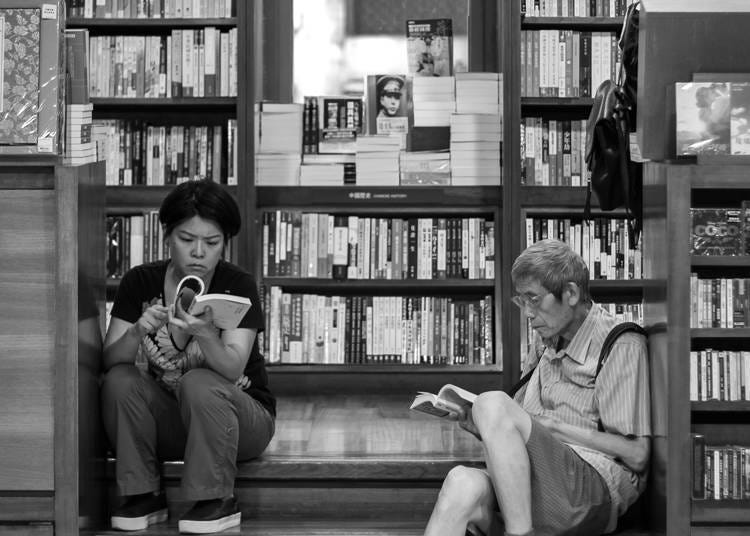
"Even inside a large bookstore like Eslite Bookstore, there are people just sitting on the floor and reading books. Of course, many such people haven't purchased anything yet. Also, in Japan, many bookstores around universities have returned after a long absence. I was very surprised, but if you think about it, I didn't have the money to buy books when I was a student, and I was sitting on the floor of a bookstore and reading too..." (Women in their 20s, freelance, 7 years living in Japan)
This is a scene that is rarely seen in Japan. While in Japan people indeed browse books and even take them to a table to read, they aren't sitting on the floor. Such an act is considered very bad manners there. However in Taiwan you can often see such a sight, and clerks do not pay much attention. Because books are products, reading in a bookstore is like eating and drinking. I think that it is actually pretty bad manners as well, but if students without income are doing it to gain knowledge and culture, is it really so bad? It can make you smile. However, adults with income should buy books!
6. The Taipei Station hall is a picnic ground!?
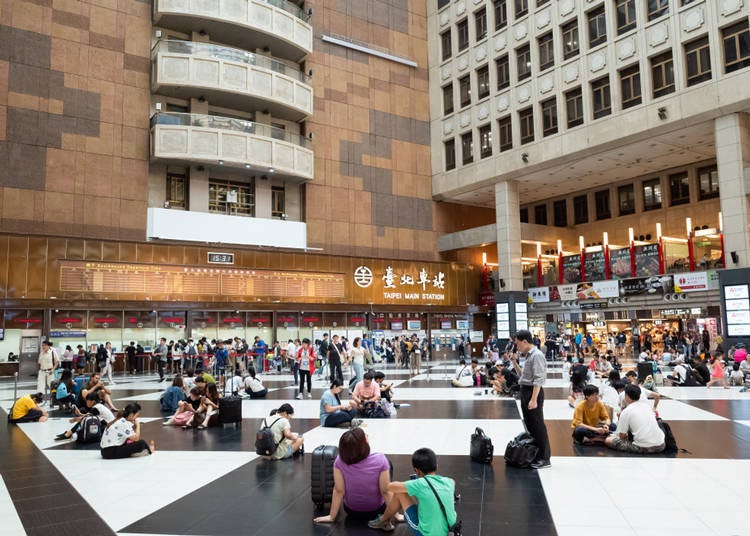
"Another surprise is in regards to the Taipei Station hall. It's the largest station in Taiwan, and the hall on the ground floor has heaps of people sitting on the floor, eating McDonald's or lunch boxes. Imagine, there's no one sitting on the floor of Tokyo Station and snacking. Plus, the floor of Taipei Station has a black and white checkered pattern; for some reason they are all sitting in black cells instead of white. Too mysterious..." (Female in her 20s, freelance, living in Japan for 7 years)
This is also a sight unthinkable in Japan. In recent years, the number of expats from Southeast Asia has increased considerably, so sitting on the floor and eating may be the culture they brought in, but the real reason is not clear. But I guess it would be fine if people didn't bother others. I wanted to try it too.
7. There is not always toilet paper in the bathrooms!
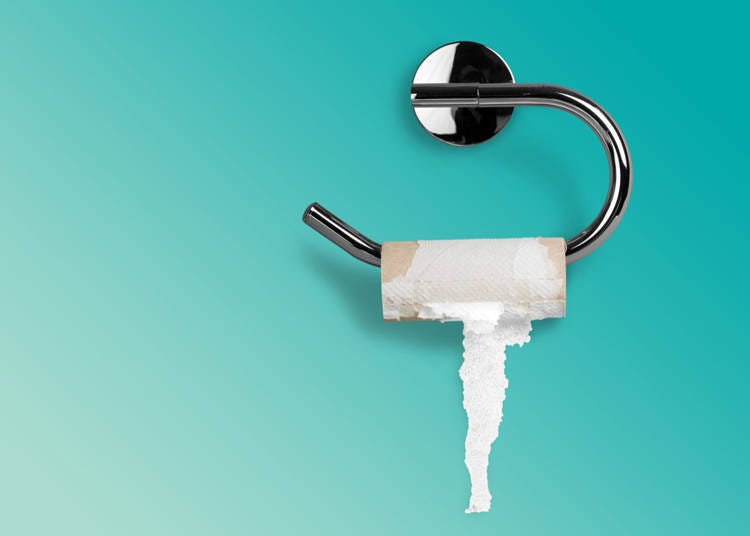
"By default, toilets in Japan have toilet paper in them, and in rare cases, precautionary notes are posted - but in Taiwan it might cause shock to know that many don't have toilet paper!" (Male, 20s, office worker, 2.5 years living in Japan)
It is considered common sense in Taiwan to bring pocket tissues when going to the toilet. Or if they have a vending machine (or sanitary items in some cases) near the entrance of the toilet, you can purchase it there. Why don't they put toilet paper in the bathroom? According to one theory, it is about theft prevention, but how true is it?
8. Lots of boyish girls!
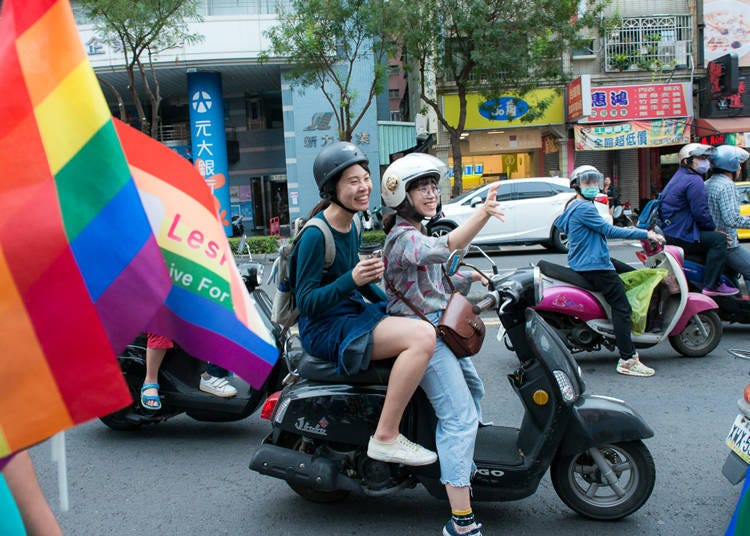
"While walking around cities in Taiwan, I realized that there were so many boyish girls that I was surprised. In Japan, there are so many feminine girls who are made up very well; especially in cities, 'boyish' girls aren't often seen. But in Taiwan, you can often see same-sex couples holding hands - it's completely fine! I was proud of this point!” (Female in her 20s, freelance, 7 years living in Japan)
Certainly, I feel that Taiwanese women are not required to be as feminine as Japan. Gender equality seems to be ahead of Japan, and gay marriages in Asia were first legalized in Taiwan for in May 2019. It is becoming a social environment where various people can live without fear of being different from others.
So, what did you think? If you return to your own culture after being a long time in Japan, you will likely experience counterculture shocks in various situations. You can see the culture and customs of the country where you were born and raised from a different perspective, which is also one of the real pleasures of living abroad. Readers are also encouraged to visit the Taipei Station halls and bookstores the next time they go to Taiwan!
- Area
- Category
*Prices and options mentioned are subject to change.
*Unless stated otherwise, all prices include tax.
Limited time offer: 10% discount coupons available now!
Recommended places for you
-
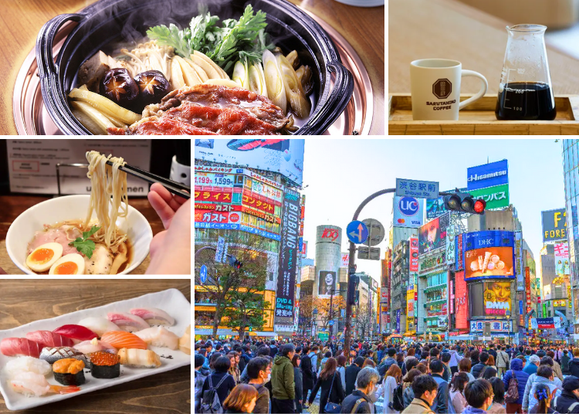
Where to Eat in Shibuya: 14 Must-Try Restaurants for Yakiniku, Sushi, Izakayas, Cafes and More
-
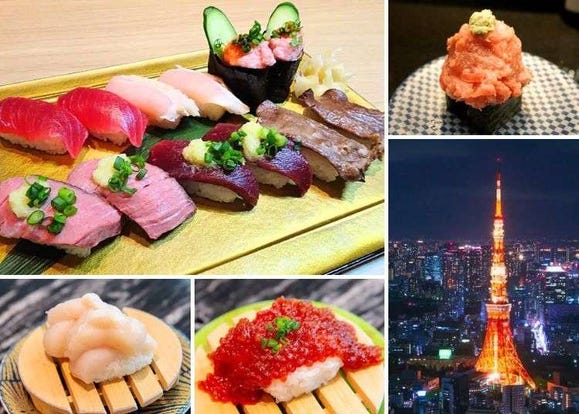
15 Must-Try Sushi Restaurants in Tokyo (+5 Trending Areas to Explore for Foodies)
-
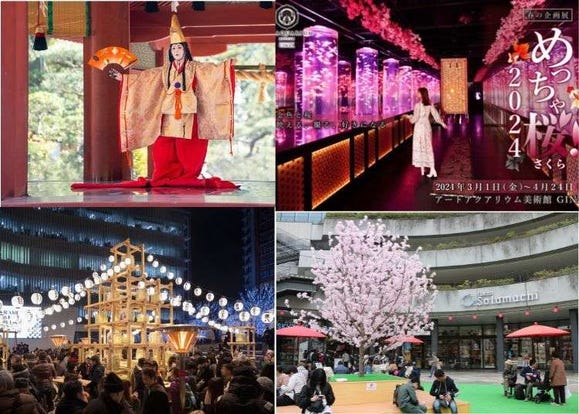
Best Things to Do in Tokyo in April 2024: Events, Festivals & More
-
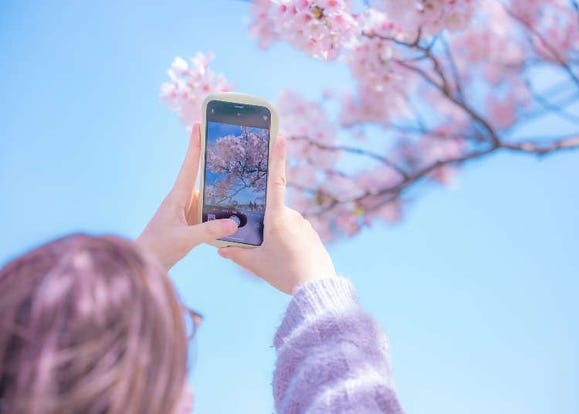
Professional Photos Even Beginners Can Shoot! 10 Tips for Taking Stunning Cherry Blossom Photos
-

12 Unique & Fun Tokyo Food Tours to Enjoy in 2024
-

The CASIO S100: How CASIO's Masterpiece Calculator Redefines Business Elegance With Japan-Made Reliability
-
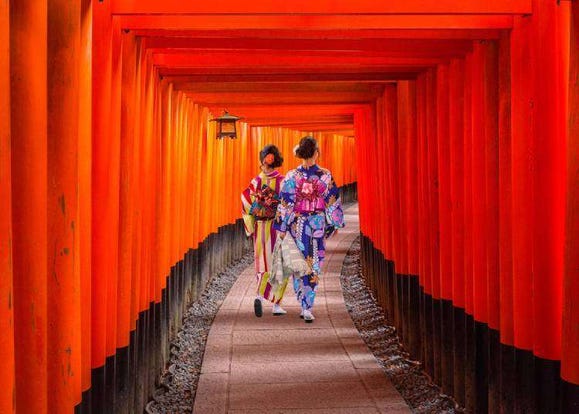
10 Major Cities in Japan: Which One Should Top Your Bucket List?
-
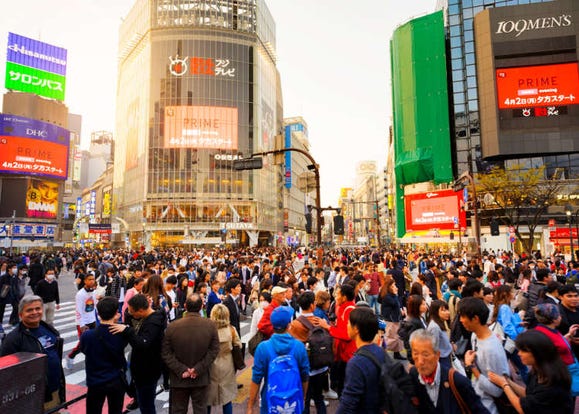
'What's in Shibuya?' 5 Ways the Shibuya Area Is Way Different From What Tourists Expected
-
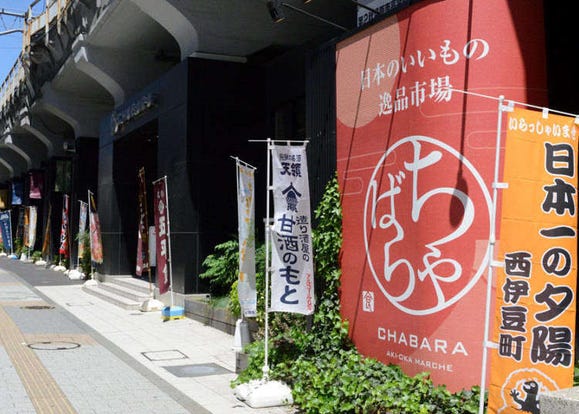
Under The Tracks: Introducing 5 of Tokyo's Hot New Trendy Spots!
-

Shocked by Japanese Table Manners! 7 Quirky Things That Surprised British Visitors to Japan
-
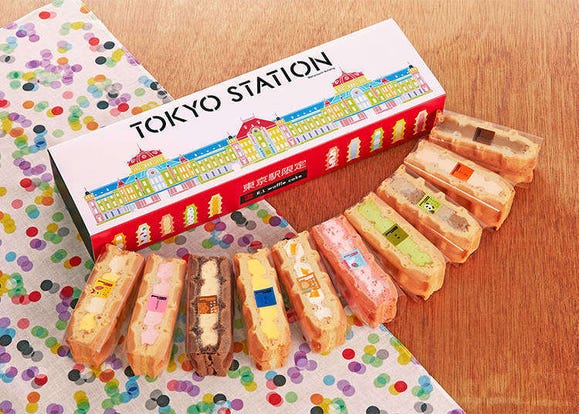
Tokyo Station Top 10 Sweets Ranking!
-

'Japanese People on Trains...' Italian Woman Surprised by Japanese Rules
- #best ramen tokyo
- #what to buy in ameyoko
- #what to bring to japan
- #new years in tokyo
- #best izakaya shinjuku
- #things to do tokyo
- #japanese nail trends
- #what to do in odaiba
- #onsen tattoo friendly tokyo
- #daiso
- #best sushi ginza
- #japanese convenience store snacks
- #best yakiniku shibuya
- #japanese fashion culture
- #best japanese soft drinks
